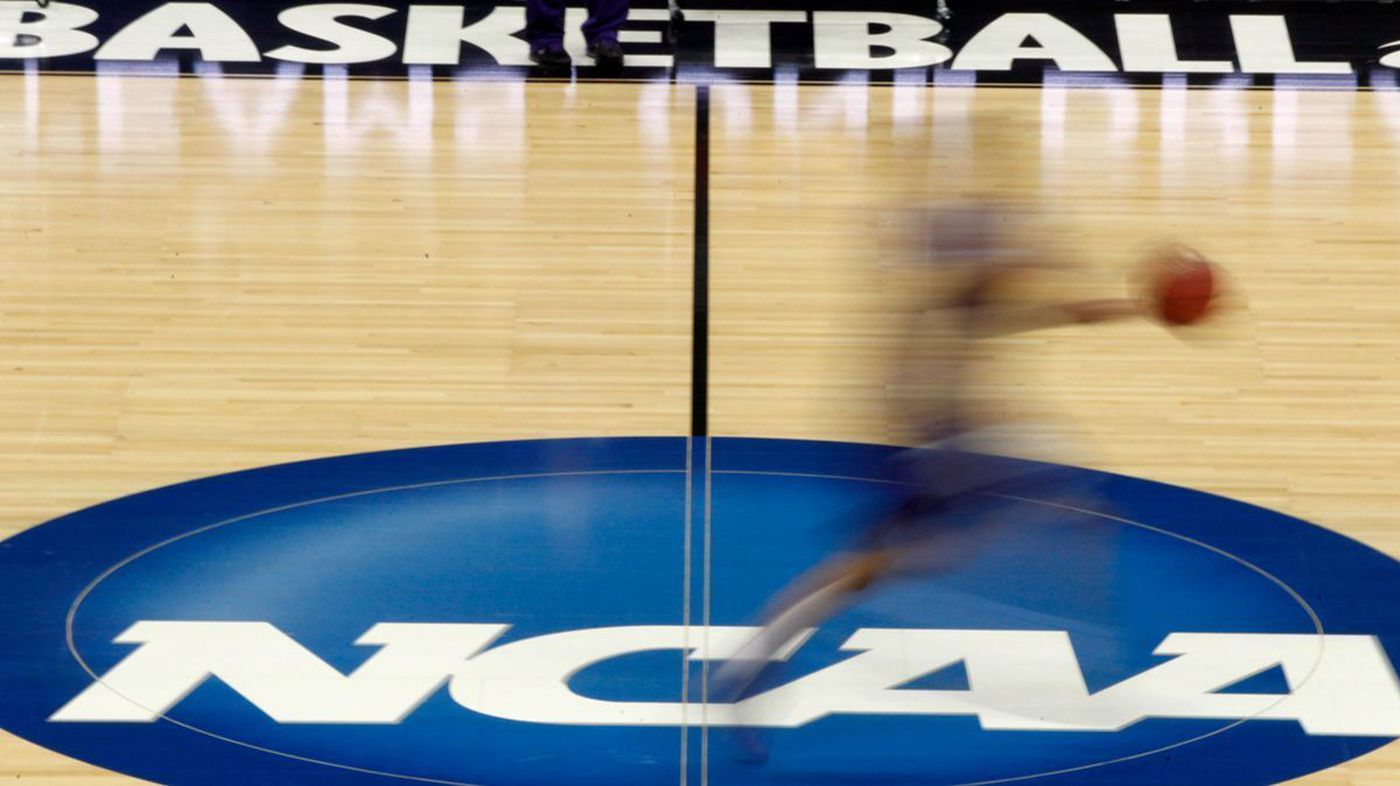
By Ali Iveson |
Student-athletes in the United States are able to make money off their name, image and likeness (NIL) from today after the National Collegiate Athletic Association (NCAA) passed one of the biggest legislation changes in the history of American collegiate sports.
Fresh from a Supreme Court defeat which ruled the NCAA could not limit the amount of education-related benefits student-athletes receive, and with legislation which would allow collegiate athletes to sign sponsorship deals due to come into force in a number of states, the NCAA Board of Directors approved the change yesterday.
The new, interim rules come into effect from today, and several high-profile student-athletes have already signed endorsement deals.
The NCAA passed the legislation on the eve of states including Texas and Florida – home to some the of the country’s biggest collegiate athletics programmes – allowing student-athletes to sign NIL deals.
It had been expected that the NCAA would make such a change, although introducing the rules so swiftly will level the playing field for those in states where legislation was not going to be enacted as quickly.
Under the new NCAA policy, student-athletes may “engage in NIL activities that are consistent with the law of the state where the school is located”, while those in states without legislation may “engage in this type of activity without violating NCAA rules related to name, image and likeness”.
Student-athletes will also be able to hire agents, but have been told they should report NIL deals to their college or university.
The interim rules are due to stay in place until federal legislation is passed or new, permanent NCAA rules are adopted.
Student-athletes have already launched clothing lines, non-fungible tokens, agreed to public appearances at a range of establishments and two have even announced a business venture which promises to help others set up public and speaking appearances.
“This is an important day for college athletes since they all are now able to take advantage of name, image and likeness opportunities,” NCAA President Mark Emmert said.
“With the variety of state laws adopted across the country, we will continue to work with Congress to develop a solution that will provide clarity on a national level.
“The current environment – both legal and legislative – prevents us from providing a more permanent solution and the level of detail student-athletes deserve.”
The new rules reflect a u-turn on the NCAA’s decades-long stance that student-athletes may not make money from endorsements to preserve the amateur status of collegiate sport.
Republished with permission from insidethegames.biz.